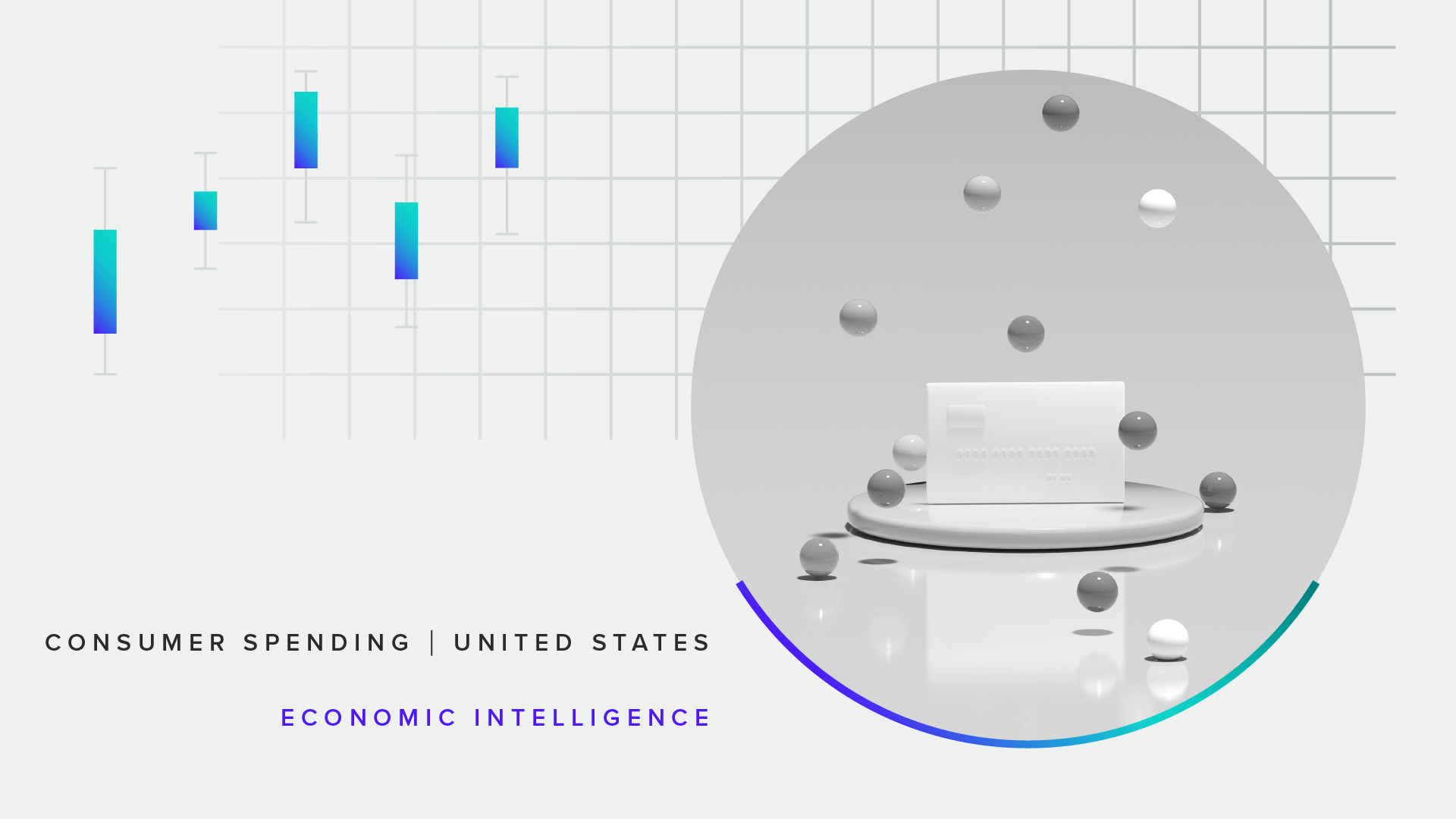Millennials Drive Lower Spending For the Alcohol Category in 2024

Key Takeaways
Average spending on alcohol amongst all adults has declined somewhat throughout 2024.
Declines in alcohol spending are largely driven by millennials, who generally spend the most on booze compared to other generations.
This downward shift in alcohol spending appears to be widespread amongst the youngest generation – a smaller share of millennials are buying alcohol in stores and online, as well as going out to bars less frequently.
Data Downloads
Pro+ subscribers are able to download the datasets that underpin Morning Consult Pro's reports and analysis. Contact us to get access.
Spending on alcohol has decreased modestly from a year ago
After adjusting for inflation and seasonality, the average spending on alcohol amongst all adults has decreased somewhat through 2024 (by $5.5 or 14% since it started declining after April). The all adults demographic includes everyone, even those who are non-drinkers or didn’t buy alcohol. However, even amongst those who purchased alcohol in the past month, the average amount spent has also been trending downwards ($6.5 less spent on average, or 8%).
Reduction in alcohol spending driven mostly by a pullback from millennials
Millennials on average spend more on alcohol every month than their peers, but in recent months, the amount spent has declined . In November 2024 millennials spent $9.50 less than they did the same month last year, an over 20% reduction. Notably, baby boomers, who consistently spent the least on booze, have also been slowly drawing down their spending on alcohol since mid 2023. GenXers have remained relatively steady from a year ago, but have actually increased their spending relative to two years ago. GenZ adults at one point in 2022 led the pack, but in November they only outspend boomers, as the youngest generation follows a trend of being less likely to indulge in alcohol than their peers.
Millennials are buying alcohol and going to bars less frequently
Not only is the average dollar amount spent on booze by millennials declining, but also a smaller share of them are reporting buying alcohol in stores and online compared to a year ago. Despite the decreasing dollar amount spent, an increasing share of Gen Z adults are reporting buying alcohol in the liquor store or grocery store. Some of this could be explained by cost saving behavior – Gen Z adults have been reporting increasing price sensitivity (walking away from higher than expected prices) and substitutability (trading down to cheaper alternatives) behavior, as measured by Morning Consult’s Demand Indicators.
And finally, it appears that millennial’s reduced appetite for alcohol might not be just limited to purchasing alcohol, it is also impacting alcohol related activities, like going to a bar – a decreasing share of millennials report that they typically go to a bar at least once a month. However, it should be noted that the second youngest generation still leads the pack when it comes to frequenting bars.
Overall, it isn’t clear what exactly is causing this pull back in alcohol spending from millennials. According to Morning Consult Intelligence’s audience data, millennials are more likely to use Ozempic than the other generations, and one of its side effects is a reduction in drinking. As recreational marijuana becomes legal in more states across the country, it is possible that some millennials are trading in booze for THC. Younger millennials are entering their 30s and could be opting out of drinking as they start their own families. No matter the reason, a clear trend has emerged in the last six months, as millennials, once the leader in alcohol spending, have moderated substantially in 2024.
Sofia Baig is an economist at decision intelligence company Morning Consult, where she works on descriptive and predictive analysis that leverages Morning Consult’s proprietary high-frequency data. Previously, she worked for the Federal Reserve Board as a quantitative analyst, focusing on topics related to monetary policy and bank stress testing. She received a bachelor’s degree in economics from Pomona College and a master’s degree in mathematics and statistics from Georgetown University.
Follow her on Twitter @_SofiaBaig_For speaking opportunities and booking requests, please email [email protected]
